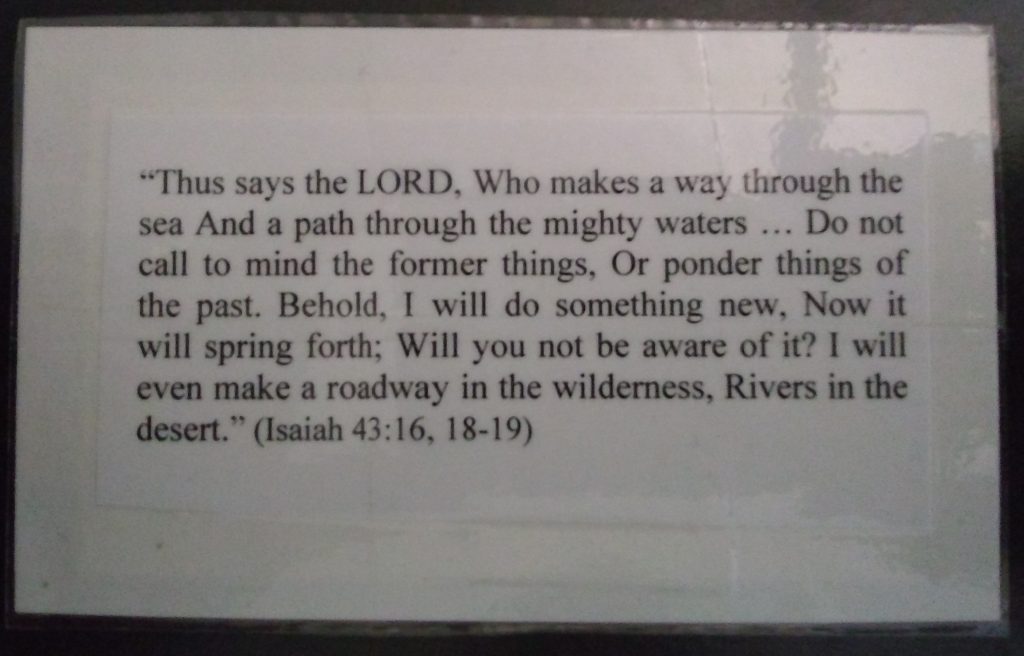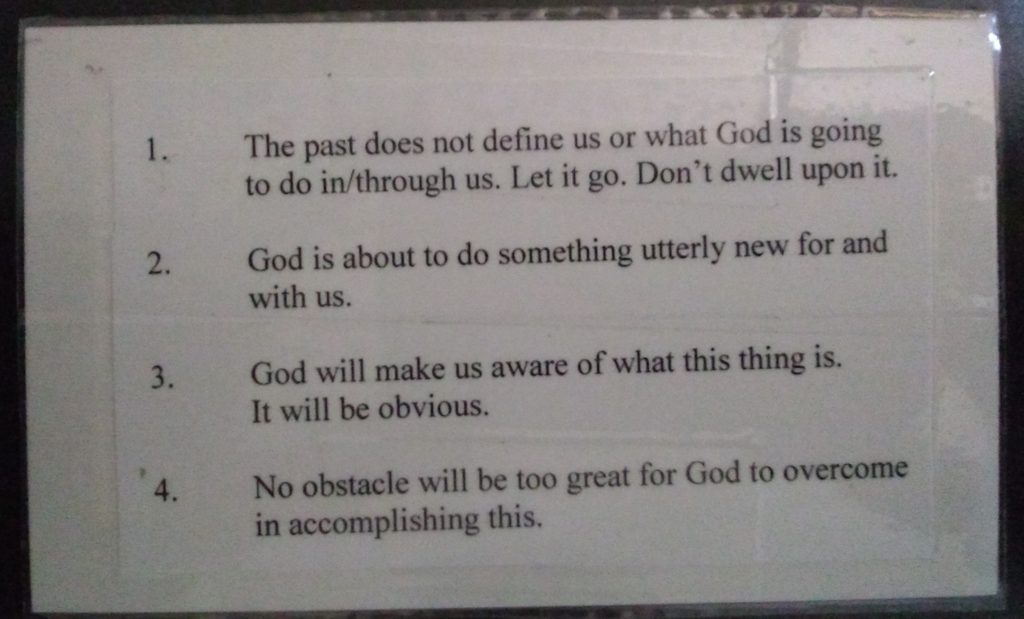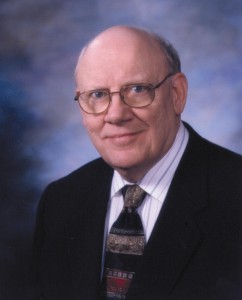Every pastor has faced the question: How am I supposed to know what to preach next?
The whole of the Bible is your text. You can’t go wrong as long as you stay within its pages. But we desire a sense of clarity and leading from God in our preaching.
Here are some steps I have taken over the years to help discern where I should go next in my preaching.
- Pray – ask God to guide you. Not just once, but regularly, repeatedly. Add fasting to your praying.
- Read – the Bible. Read widely. Scan the whole.
- Remember – what have you preached recently? What have you preached over the last year? If you’ve just completed a several month series in a NT epistle, you probably want to change up the genre of Biblical literature you preach next (perhaps narrative, psalms, or from the prophets). Alternate OT and NT. Change up the length of series. Change up the genre of literature you preach. Change up the emphasis – e.g., from sanctification, comfort, salvation, theological, individual application, group/church application.
- Observe – are there particular issues facing the congregation right now? Is there a particular vision you are wanting your church to embrace? What you preach next can address these kinds of issues.
- Wait – start early so you have time to linger over this issue. Try setting out a tentative preaching schedule for the next twelve months.
- Recall – what has God been dealing with you about personally? Is there a passage from which God has been dealing with you of late? You don’t want to preach your personal experience, but it is possible God has been dealing with the shepherd so He can deal with the sheep under his care. Journaling as a part of my personal disciplines helps me here. I am able to thumb through my journal and observe patterns of God’s speaking to me that I might not have seen otherwise.
- Map – map out all the sermon series you’ve preached at your current church – don’t worry about individual messages preached between series, just map out the series you’ve preached. Ask God to give you insight. Now observe. Study. What do you see? What does that say to you? Are there sections of Scripture that you have neglected? What is the spiritual result for your congregation?
- Calendar – how much time do you have for the next series? Where will you need to break away for other preaching – perhaps Advent?, Easter?, missions conference, etc.? Perhaps there are natural start/stop points on the calendar that you need to take into account – e.g., start of school year, start of the new year, summer vacation season.
- Sketch – start trying to project several of the ideas that come to you. Mark out how you’ll divide the book in preaching portions. How fast or slow should you take a particular book at this time?
- Pray more – what does it seem the Lord is saying? Do any of these ideas make you especially excited? Do any particularly motivate you?
- Decide – sometimes you just have to go with what you want to preach, what seems most interesting to you, what you’re motivated to study. But you’ve just got to make a decision. Make your decision far enough in advance that you can do the necessary pre-study to make sure you’re approaching the book correctly and can confidently plan the series.
- Write – give the series a name/title/theme. Write out what the series is about, where it is headed, how you’ll get there, what will be the result. Be specific. Write yourself into clarity. This takes time. Let things percolate. Come back to it again and again. Map out the basic outcomes you will look to achieve during the series; plan what you want the congregation to take away from the series. Develop a logo or graphics that will carry the theme of the series.
- Communicate – to those who need advance knowledge, those who might join you in preaching part of this series, those writing newsletters, bulletins, doing graphics work, etc.
Remember, God wants you to know what to preach next more than you do. Rest in His assured leading. Make decisions in dependence upon Him. Then move with confidence as you begin the labors that will lead to your opening the Word of God to your people in the days ahead.





